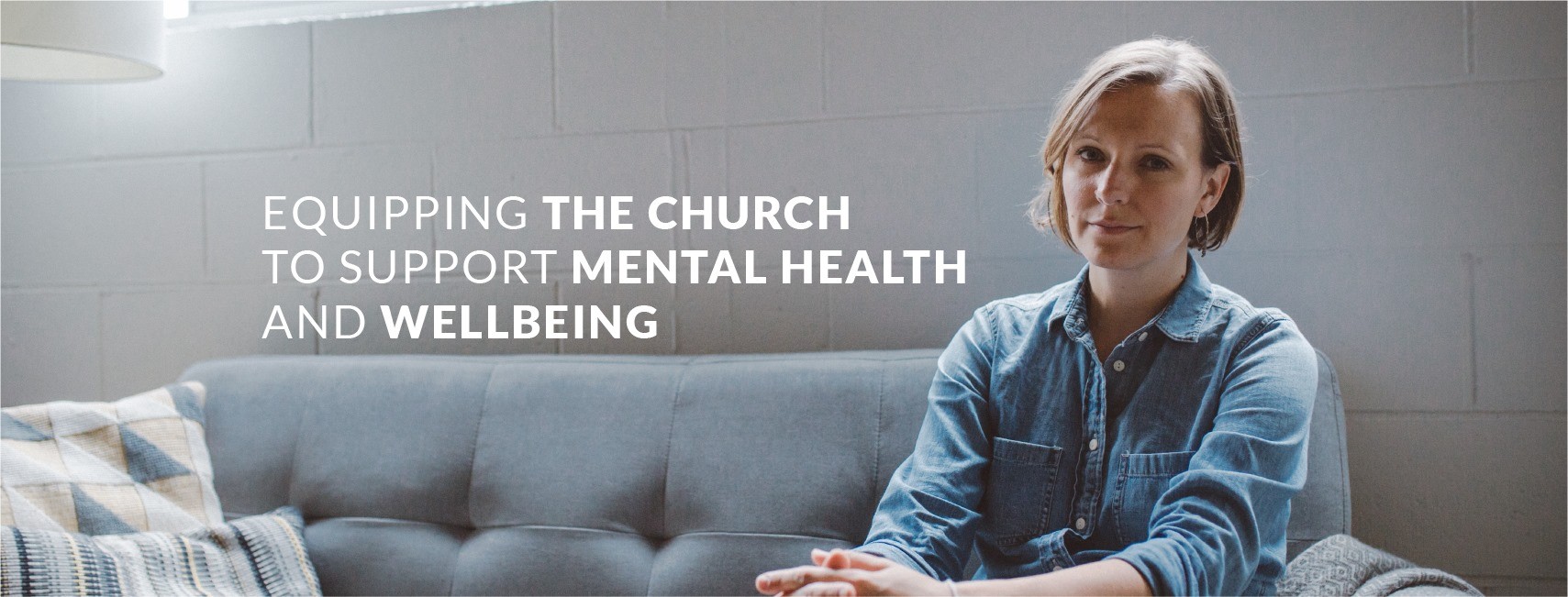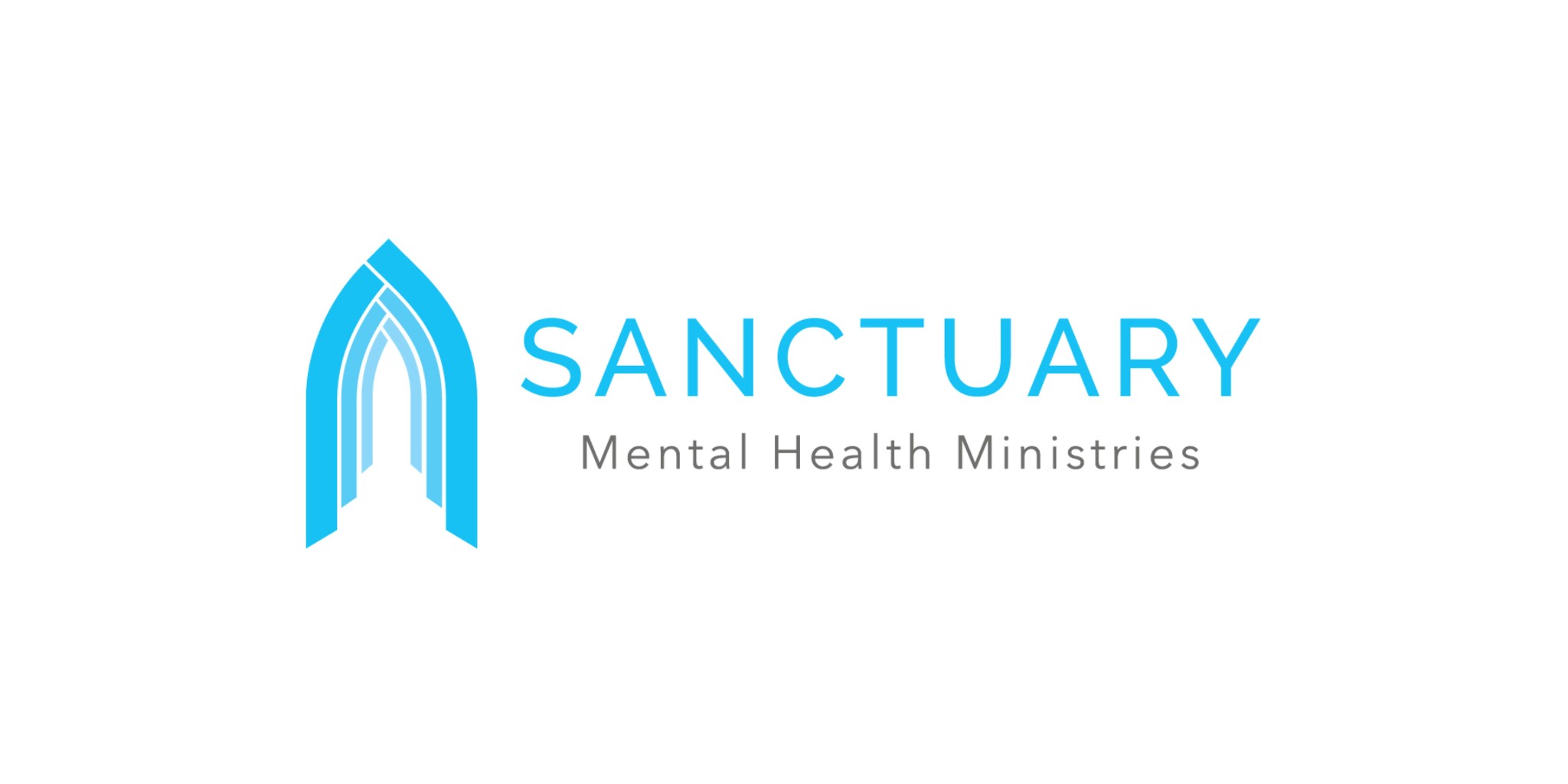
May is recognized as Mental Health Awareness Month throughout Canada. In preparation, we invite you to visit sanctuarymentalhealth.org to learn more about Sanctuary Mental Health's free resource called, "The Sanctuary Course." Here's a short description from their website:
How can a church become a sanctuary—a place where individuals living with mental health challenges feel safe, supported, and a sense of belonging? The Sanctuary Course was created to inspire and equip communities of faith that are asking this important question. Developed in consultation with mental health professionals, theologians, and people with lived experience, this eight-session study guide explores key mental health topics and examines meaningful ways to offer companionship, support recovery, and promote wellbeing.
As the church, it is important for us to develop an understanding of mental health in our communities so that we can provide empathy and support for those who need it. By educating ourselves and others about mental health, we can help eliminate the stigma surrounding mental illnesses and offer the necessary resources and a safe environment for those who are struggling. Furthermore, by incorporating this knowledge, we can promote spiritual growth, strengthen bonds, and truly embody a Christ-centred, Others-focused church.
We've asked Majors Cory & Pam Pinksen to share their testimony from leading this course:
Chances are that at some point in time or another, just about everyone in our churches will either suffer in their mental health themselves or accompany someone who is suffering. Unfortunately, the topic of mental health has been shrouded in stigma within faith communities, leaving people feeling alone and despairing in their mental wellness journey. We were introduced to The Sanctuary Course during COVID-19 and offered it virtually to our congregation at that crucial time. We were amazed how one vulnerable individual opened the way for mutual sharing which resulted in a healing space for many who participated.
It is not “professional therapy or counselling” and should never be the approach or expectation. The Sanctuary Course is more about educating and equipping churches to express the love of Christ in a way that creates a caring and supportive space for sufferers as well as supporters. This quote sums it up nicely, “Instead of attempting to provide explanations… it is better to explore the ways in which community members can walk faithfully alongside people with lived experience, helping them to hold on to God’s goodness in the midst of their mental health challenges.”*
Having used this material now in two different ministry contexts, we can attest to the positive impact it has had. It should be mandatory for all church leadership teams. We highly recommend this program and will continue to use this resource in future ministry settings.
*Source: The Sanctuary Course: Session 2







